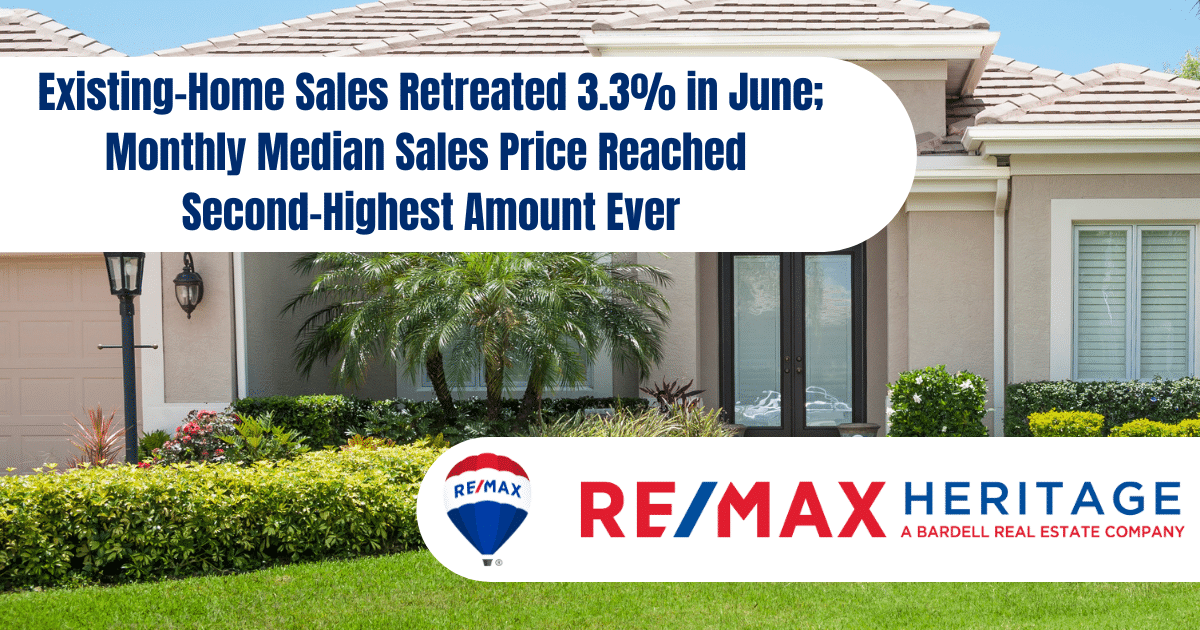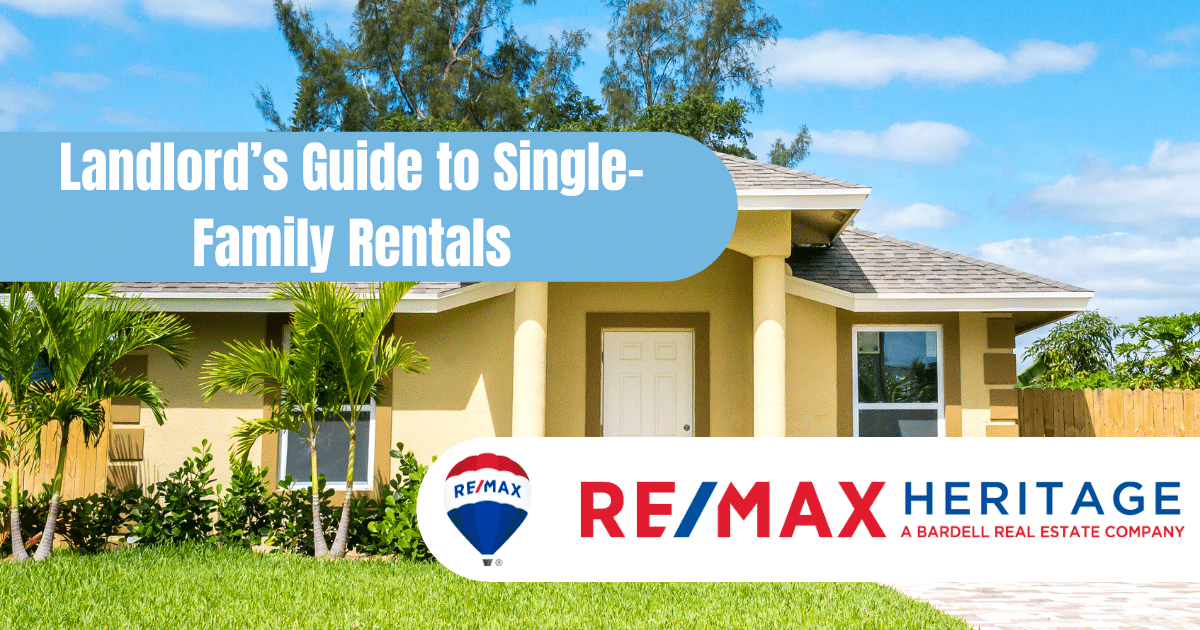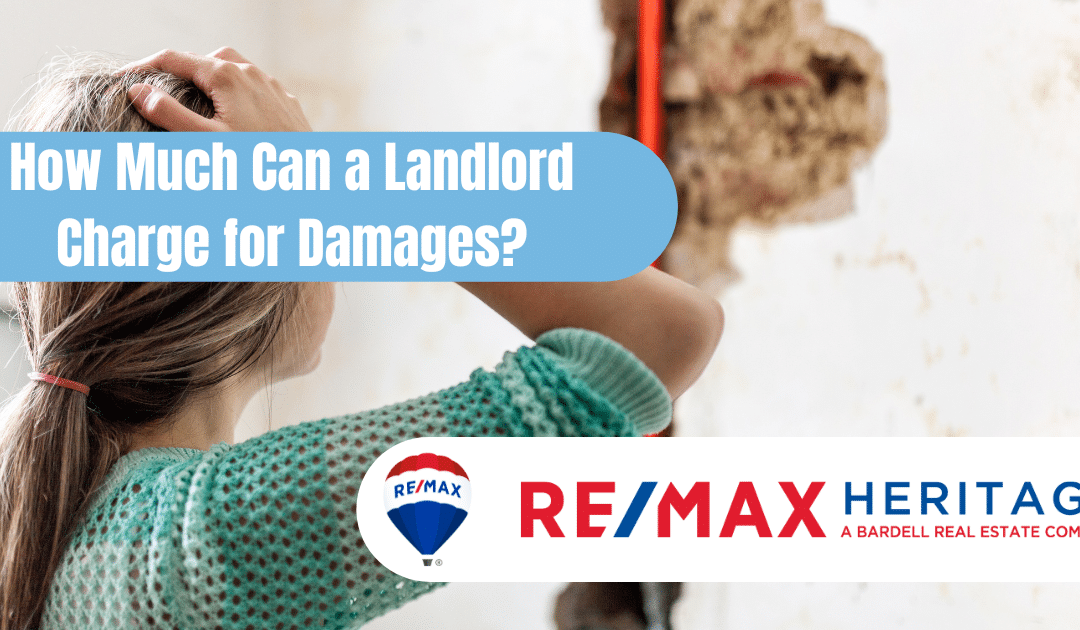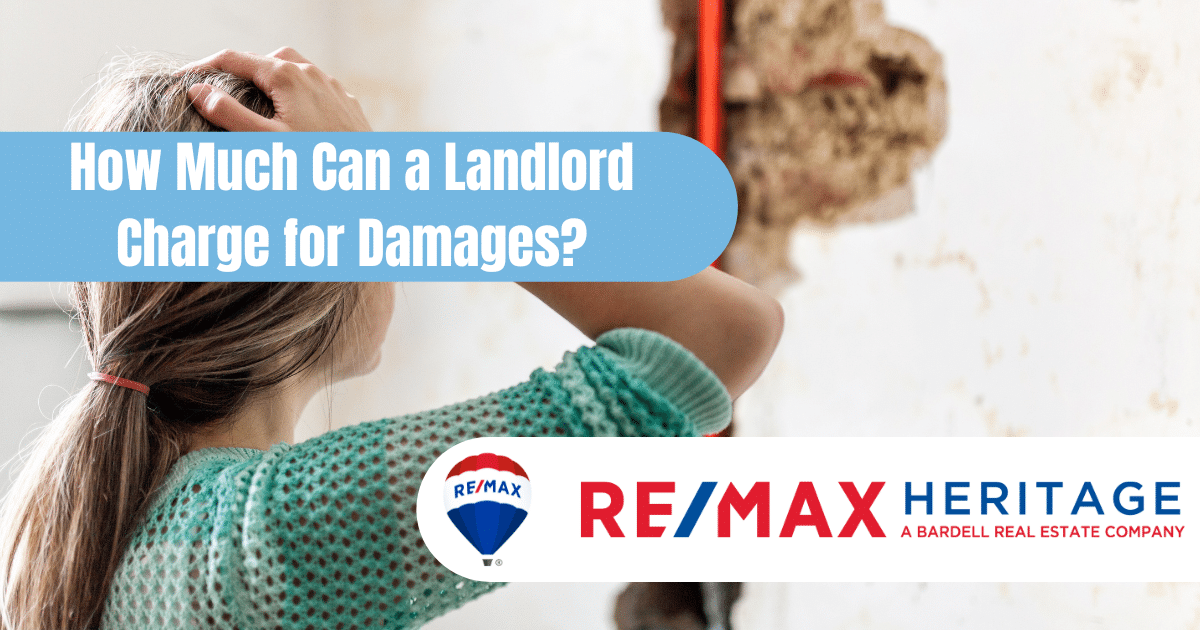
Existing-Home Sales Retreated 3.3% in June; Monthly Median Sales Price Reached Second-Highest Amount Ever
Existing-Home Sales Retreated 3.3% in June; Monthly Median Sales Price Reached Second-Highest Amount Ever

WASHINGTON (July 20, 2023) – Existing-home sales slipped in June, according to the National Association of REALTORS®. Sales varied among the four major U.S. regions, with the Northeast experiencing gains, the Midwest holding steady, and the South and West posting decreases. All four regions recorded year-over-year sales declines.
Total existing-home sales1 – completed transactions that include single-family homes, townhomes, condominiums and co-ops – receded 3.3% from May to a seasonally adjusted annual rate of 4.16 million in June. Year-over-year, sales fell 18.9% (down from 5.13 million in June 2022).
“The first half of the year was a downer for sure with sales lower by 23%,” said NAR Chief Economist Lawrence Yun. “Fewer Americans were on the move despite the usual life-changing circumstances. The pent-up demand will surely be realized soon, especially if mortgage rates and inventory move favorably.”
Total housing inventory2 registered at the end of June was 1.08 million units, identical to May but down 13.6% from one year ago (1.25 million). Unsold inventory sits at a 3.1-month supply at the current sales pace, up from 3.0 months in May and 2.9 months in June 2022.
“There are simply not enough homes for sale,” Yun added. “The market can easily absorb a doubling of inventory.”
The median existing-home price3 for all housing types in June was $410,200, the second-highest price of all time and down 0.9% from the record-high of $413,800 in June 2022. The monthly median price surpassed $400,000 for the third time, joining June 2022 and May 2022 ($408,600). Prices rose in the Northeast and Midwest but waned in the South and West.
“Home sales fell but home prices have held firm in most parts of the country,” Yun said. “The national median home price in June was slightly less than the record high of nearly $414,000 in June of last year. Limited supply is still leading to multiple-offer situations, with one-third of homes getting sold above the list price in the latest month.”
Properties typically remained on the market for 18 days in June, identical to May but up from 14 days in June 2022. Seventy-six percent of homes sold in June were on the market for less than a month.
First-time buyers were responsible for 27% of sales in June, down from 28% in May and 30% in June 2022. NAR’s 2022 Profile of Home Buyers and Sellers – released in November 20224 – found that the annual share of first-time buyers was 26%, the lowest since NAR began tracking the data.
All-cash sales accounted for 26% of transactions in June, up from 25% in both May 2023 and June 2022.
Individual investors or second-home buyers, who make up many cash sales, purchased 18% of homes in June, up from 15% in May and 16% the previous year.
Distressed sales5 – foreclosures and short sales – represented 2% of sales in June, virtually unchanged from last month and the prior year.
According to Freddie Mac, the 30-year fixed-rate mortgage(link is external) averaged 6.96% as of July 13. That’s up from 6.81% the previous week and 5.51% one year ago.
Single-family and Condo/Co-op Sales
Single-family home sales decreased to a seasonally adjusted annual rate of 3.72 million in June, down 3.4% from 3.85 million in May and 18.8% from the previous year. The median existing single-family home price was $416,000 in June, down 1.2% from June 2022.
Existing condominium and co-op sales recorded a seasonally adjusted annual rate of 440,000 units in June, down 2.2% from May and 20.0% from one year ago. The median existing condo price was $361,600 in June, up 1.9% from the previous year ($354,800).
Regional Breakdown
Existing-home sales in the Northeast grew 2.0% from May to an annual rate of 510,000 in June, down 21.5% from June 2022. The median price in the Northeast was $475,300, up 4.9% from the prior year.
In the Midwest, existing-home sales were unchanged from one month ago at an annual rate of 990,000 in June, slumping 19.5% from one year ago. The median price in the Midwest was $311,800, up 2.1% from June 2022.
Existing-home sales in the South faded 5.4% from May to an annual rate of 1.91 million in June, a decrease of 16.2% from the previous year. The median price in the South was $366,600, down 1.2% from June 2022.
In the West, existing-home sales declined 5.1% from the previous month to an annual rate of 750,000 in June, down 22.7% from one year ago. The median price in the West was $606,500, down 3.4% from June 2022.
About NAR
The National Association of REALTORS® is America’s largest trade association, representing more than 1.5 million members involved in all aspects of the residential and commercial real estate industries. The term REALTOR® is a registered collective membership mark that identifies a real estate professional who is a member of the National Association of REALTORS® and subscribes to its strict Code of Ethics.
# # #
For local information, please contact the local association of REALTORS® for data from local multiple listing services (MLS). Local MLS data is the most accurate source of sales and price information in specific areas, although there may be differences in reporting methodology.
NOTE: NAR’s Pending Home Sales Index for June is scheduled for release on July 27, and Existing-Home Sales for July will be released on August 22. Release times are 10 a.m. Eastern.
1 Existing-home sales, which include single-family, townhomes, condominiums and co-ops, are based on transaction closings from Multiple Listing Services. Changes in sales trends outside of MLSs are not captured in the monthly series. NAR benchmarks home sales periodically using other sources to assess overall home sales trends, including sales not reported by MLSs.
Existing-home sales, based on closings, differ from the U.S. Census Bureau’s series on new single-family home sales, which are based on contracts or the acceptance of a deposit. Because of these differences, it is not uncommon for each series to move in different directions in the same month. In addition, existing-home sales, which account for more than 90% of total home sales, are based on a much larger data sample – about 40% of multiple listing service data each month – and typically are not subject to large prior-month revisions.
The annual rate for a particular month represents what the total number of actual sales for a year would be if the relative pace for that month were maintained for 12 consecutive months. Seasonally adjusted annual rates are used in reporting monthly data to factor out seasonal variations in resale activity. For example, home sales volume is normally higher in the summer than in the winter, primarily because of differences in the weather and family buying patterns. However, seasonal factors cannot compensate for abnormal weather patterns.
Single-family data collection began monthly in 1968, while condo data collection began quarterly in 1981; the series were combined in 1999 when monthly collection of condo data began. Prior to this period, single-family homes accounted for more than nine out of 10 purchases. Historic comparisons for total home sales prior to 1999 are based on monthly single-family sales, combined with the corresponding quarterly sales rate for condos.
2 Total inventory and month’s supply data are available back through 1999, while single-family inventory and month’s supply are available back to 1982 (prior to 1999, single-family sales accounted for more than 90% of transactions and condos were measured only on a quarterly basis).
3 The median price is where half sold for more and half sold for less; medians are more typical of market conditions than average prices, which are skewed higher by a relatively small share of upper-end transactions. The only valid comparisons for median prices are with the same period a year earlier due to seasonality in buying patterns. Month-to-month comparisons do not compensate for seasonal changes, especially for the timing of family buying patterns. Changes in the composition of sales can distort median price data. Year-ago median and mean prices sometimes are revised in an automated process if additional data is received.
The national median condo/co-op price often is higher than the median single-family home price because condos are concentrated in higher-cost housing markets. However, in a given area, single-family homes typically sell for more than condos as seen in NAR’s quarterly metro area price reports.
4 Survey results represent owner-occupants and differ from separately reported monthly findings from NAR’s REALTORS® Confidence Index, which include all types of buyers. The annual study only represents primary residence purchases, and does not include investor and vacation home buyers. Results include both new and existing homes.
5 Distressed sales (foreclosures and short sales), days on market, first-time buyers, all-cash transactions and investors are from a monthly survey for the NAR’s REALTORS® Confidence Index, posted at nar.realtor.
Ready to make a Move?
Bardell Real Estate are the experts in helping you with your selling, buying or renting needs near Orlando, Florida. Make your Disney area experience a forever memorable one. Call us now to speak to a real estate agent.
[formlift id=”36911″]










